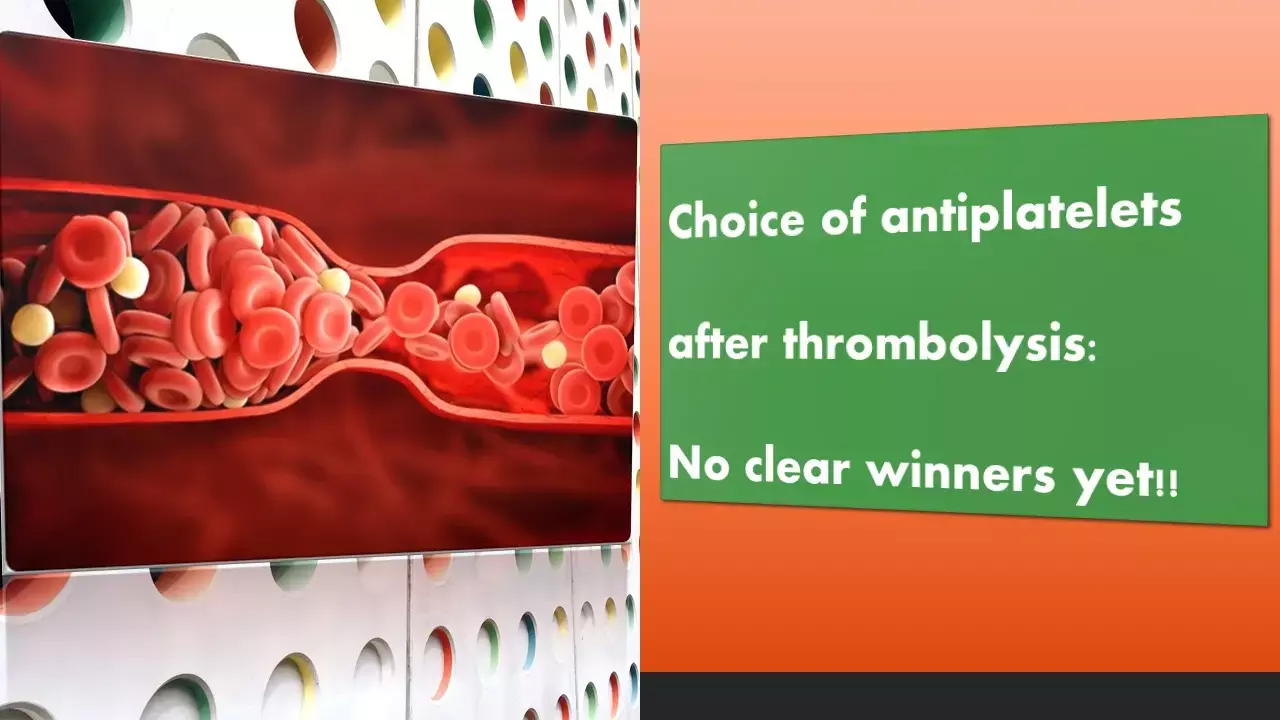- Home
- Medical news & Guidelines
- Anesthesiology
- Cardiology and CTVS
- Critical Care
- Dentistry
- Dermatology
- Diabetes and Endocrinology
- ENT
- Gastroenterology
- Medicine
- Nephrology
- Neurology
- Obstretics-Gynaecology
- Oncology
- Ophthalmology
- Orthopaedics
- Pediatrics-Neonatology
- Psychiatry
- Pulmonology
- Radiology
- Surgery
- Urology
- Laboratory Medicine
- Diet
- Nursing
- Paramedical
- Physiotherapy
- Health news
- Fact Check
- Bone Health Fact Check
- Brain Health Fact Check
- Cancer Related Fact Check
- Child Care Fact Check
- Dental and oral health fact check
- Diabetes and metabolic health fact check
- Diet and Nutrition Fact Check
- Eye and ENT Care Fact Check
- Fitness fact check
- Gut health fact check
- Heart health fact check
- Kidney health fact check
- Medical education fact check
- Men's health fact check
- Respiratory fact check
- Skin and hair care fact check
- Vaccine and Immunization fact check
- Women's health fact check
- AYUSH
- State News
- Andaman and Nicobar Islands
- Andhra Pradesh
- Arunachal Pradesh
- Assam
- Bihar
- Chandigarh
- Chattisgarh
- Dadra and Nagar Haveli
- Daman and Diu
- Delhi
- Goa
- Gujarat
- Haryana
- Himachal Pradesh
- Jammu & Kashmir
- Jharkhand
- Karnataka
- Kerala
- Ladakh
- Lakshadweep
- Madhya Pradesh
- Maharashtra
- Manipur
- Meghalaya
- Mizoram
- Nagaland
- Odisha
- Puducherry
- Punjab
- Rajasthan
- Sikkim
- Tamil Nadu
- Telangana
- Tripura
- Uttar Pradesh
- Uttrakhand
- West Bengal
- Medical Education
- Industry
Ticagrelor does not score over clopidogrel in thrombolysis setting, MIRTOS study

Contrary to the spectacular benefits seen with ticagrelor (vs. clopidogrel) in acute coronary syndrome patients undergoing percutaneous coronary intervention (PCI) in the PLATO trial, the recently published results of the MIRTOS study have shown that ticagrelor together with thrombolysis in patients with STEMI doesn't have superiority compared to clopidogrel in terms of microvascular integrity.
Intravenous thrombolytic therapy remains a valuable option for many STEMI patients, especially in the first hour from symptom onset or whenever timely primary PCI is not feasible. Improvements in myocardial perfusion observed after thrombolytic therapy are a strong predictor of clinical outcomes. Thrombolytic treatment induces a state of platelet hyperreactivity that peaks at 24 hours and affects P2Y12 receptor inhibition. This status may last up to three days after drug administration. In addition, acute myocardial infarction is per se a clinical situation involving a platelet hyperreactivity status that could interfere with clopidogrel-mediated P2Y12 inhibition.
Antiplatelet therapy is an essential part of the therapeutic regimen of patients with coronary artery disease. Ticagrelor, an oral, direct acting and reversibly binding P2Y12 antagonist, yields greater inhibition of platelet aggregation than clopidogrel, which is a prodrug that requires metabolic activation and results in irreversible inhibition of the adenosine diphosphate-mediated pathway of platelet aggregation. Ticagrelor's onset of action is faster and its inhibitory effects are more pronounced and predictable than those of clopidogrel.
Since ticagrelor co-administration with thrombolysis in STEMI patients lacks any evidence, authors Hamilos et al sought to investigate whether ticagrelor – administered together with aspirin – could improve microvascular perfusion and potentially reduce post-infarction myocardial injury compared to clopidogrel, in patients with STEMI treated with thrombolysis.
MIRTOS was a multicentre study which enrolled 335 patients <75 years old with STEMI eligible for thrombolysis, of whom 167 were randomised to receive clopidogrel and 168 to receive ticagrelor together with thrombolysis. Primary outcome was the difference in post-PCI corrected TIMI frame count (CTFC). All clinical events were recorded in a 3 month follow-up period.
From the 335 patients who were randomised, 259 underwent PCI (129 clopidogrel and 130 ticagrelor) and 154 angiographies were analysable for the study primary endpoint. The primary findings were as follows:
1. Ticagrelor was not superior to clopidogrel in the population studied for post-PCI CTFC, which was the study's primary endpoint.
2. Major bleeding events were similar between the study groups.
Earlier, in the TREAT trial, ticagrelor when given 12 hours post-thrombolysis proved to be a safe alternative to clopidogrel in terms of bleeding events, while no difference in ischaemic events was observed; however, the study was not powered to demonstrate such differences.
On the other hand, it is important that in the MIRTOS study – in line with TREAT results, where ticagrelor was administered about 11 hours later and not together with thrombolysis – ticagrelor was not associated with increased major bleeding events (≥BARC 3), which were identical in the two study groups.
The MIRTOS study tested, for the first time, ticagrelor together with thrombolysis in patients with STEMI and did not prove superiority compared to clopidogrel in terms of microvascular integrity. Significant bleeding events were similar between randomisation drugs, indicating that thrombolysis with ticagrelor might be a safe choice for high-risk STEMI patients, a hypothesis that requires confirmation in a larger clinical trial.
Source: EuroIntervention 2021;16:1163-1169. DOI: 10.4244/EIJ-D-20-0026
MBBS, MD , DM Cardiology
Dr Abhimanyu Uppal completed his M. B. B. S and M. D. in internal medicine from the SMS Medical College in Jaipur. He got selected for D. M. Cardiology course in the prestigious G. B. Pant Institute, New Delhi in 2017. After completing his D. M. Degree he continues to work as Post DM senior resident in G. B. pant hospital. He is actively involved in various research activities of the department and has assisted and performed a multitude of cardiac procedures under the guidance of esteemed faculty of this Institute. He can be contacted at editorial@medicaldialogues.in.
Dr Kamal Kant Kohli-MBBS, DTCD- a chest specialist with more than 30 years of practice and a flair for writing clinical articles, Dr Kamal Kant Kohli joined Medical Dialogues as a Chief Editor of Medical News. Besides writing articles, as an editor, he proofreads and verifies all the medical content published on Medical Dialogues including those coming from journals, studies,medical conferences,guidelines etc. Email: drkohli@medicaldialogues.in. Contact no. 011-43720751


